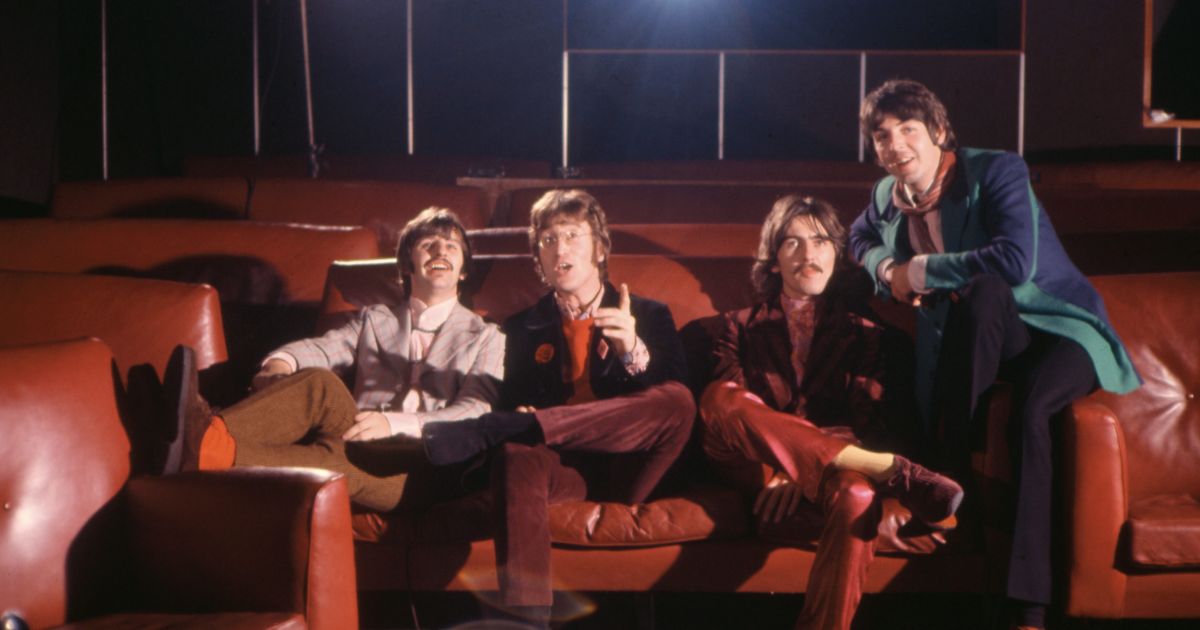
Michael J. Fox Calls His Battle With Parkinson’s Disease A ‘Gift’ In Emotional Interview
Retired actor and activist Michael J. Fox has chosen to look on the positive side of the impact of Parkinson’s disease in his life. In a moving interview, Fox called the disease a “gift.”
The actor, who’s had to endure a challenging health state, recently shared that his foundation had made significant advancements in Parkinson’s disease research to help identify and treat it faster.
Read on for more details.
‘It Is The Gift That Keeps On Taking’

According to the Daily Mail, the renowned actor and Parkinson’s disease advocate shared his profound perspective on his struggle in a recent “The Project” interview with Waleed Aly.
The 61-year-old actor, who has often been celebrated for his unwavering optimism and resilience in the face of adversity, referred to his condition as a “gift” despite living with Parkinson’s for over two decades.
Fox told Aly that he is “pleased” with how his life unfolded after sacrificing much of it to find a cure for the disease.
“I always say Parkinson’s is a gift, and people ask me, ‘How can you describe it as a gift?’ And I say, ‘It is the gift that keeps on taking, but it is a gift,'” he told the host.
The “Family Ties” alum added, “I’m thrilled with how my life has turned out, and I love the chance I have to be of service.”
Parkinson’s disease is a chronic and progressive neurological illness that primarily affects movement and involves effects such as Stiffness, shaking, and difficulty with balance and coordination.
Why Michael J. Fox Retired From Acting

In a recent revelation, he attributed his decision to step away from acting to the inspiration he gained after watching a Leonardo DiCaprio movie.
Fox bowed out from acting following his Parkinson’s disease diagnosis as he struggled to keep to his line.
“There’s a scene where Leonardo DiCaprio’s character can’t remember his lines anymore,” Fox narrated about a scene from DiCaprio’s “Once Upon A Time In Hollywood.”
“He returns to his dressing room, screaming at himself in the mirror. Just freaking insane.” Fox added, “I had this moment where I was looking in the mirror and thought, ‘I cannot remember it anymore. Well, let’s move on.”
Michael J. Fox Had A Rough Childhood

Behind the glitz and glamor of his successful career lies a remarkable story of resilience and determination. During a conversation with Variety, Fox shared that he experienced poverty and resorted to unhealthy measures to feed himself as a teenager. He spoke about his challenges, such as “dumpster-diving” for food, noting that his family struggled to pay bills and were all living from paycheck to paycheck.
Amid the struggles, he started acting in school plays and quickly learned he was good at it. Fox eventually dropped out of school and moved to Los Angeles to pursue a full-time acting career. The Emmy award-winning actor landed his breakthrough role in the tv show “Family Ties” in 1982 and then starred in the famous “Back to the Future” film franchise in 1985.
Michael J. Fox’s Reveals Success In Parkinson’s Research

Over the years, Fox has become an inspirational figure in the fight against Parkinson’s disease. The actor has channeled his energy and resources into raising awareness, funding research, and driving significant advancements in the study of Parkinson’s via his Michael J. Fox Foundation.
During a recent interview with Lorraine Kelly on “Lorraine,” Fox said, per Daily Mail. “I feel it’s [a cure] closer than ever. I think we’ve found this biomarker which is huge, identifying the disease and therefore being able to treat it earlier. It was a huge breakthrough; we didn’t expect to make it this soon. We were working on it for a long time; we talked about it ten years ago.”
He added, “In five years, they will be able to tell if you have it and if you’re ever going to get it and how to treat it.”



















































![iFi's GO Bar Kensei Dongle DAC Supports K2HD Technology With Some Samurai Swagger [Updated] iFi's GO Bar Kensei Dongle DAC Supports K2HD Technology With Some Samurai Swagger [Updated]](https://i0.wp.com/cdn.ecoustics.com/db0/wblob/17BA35E873D594/33FF/45A11/QTXOLJR4xDKSNMMk2WlTgjaIlvSgcYpeU1xJzUwIoYs/ifi-go-bar-kensei.jpg?w=768&ssl=1)






























